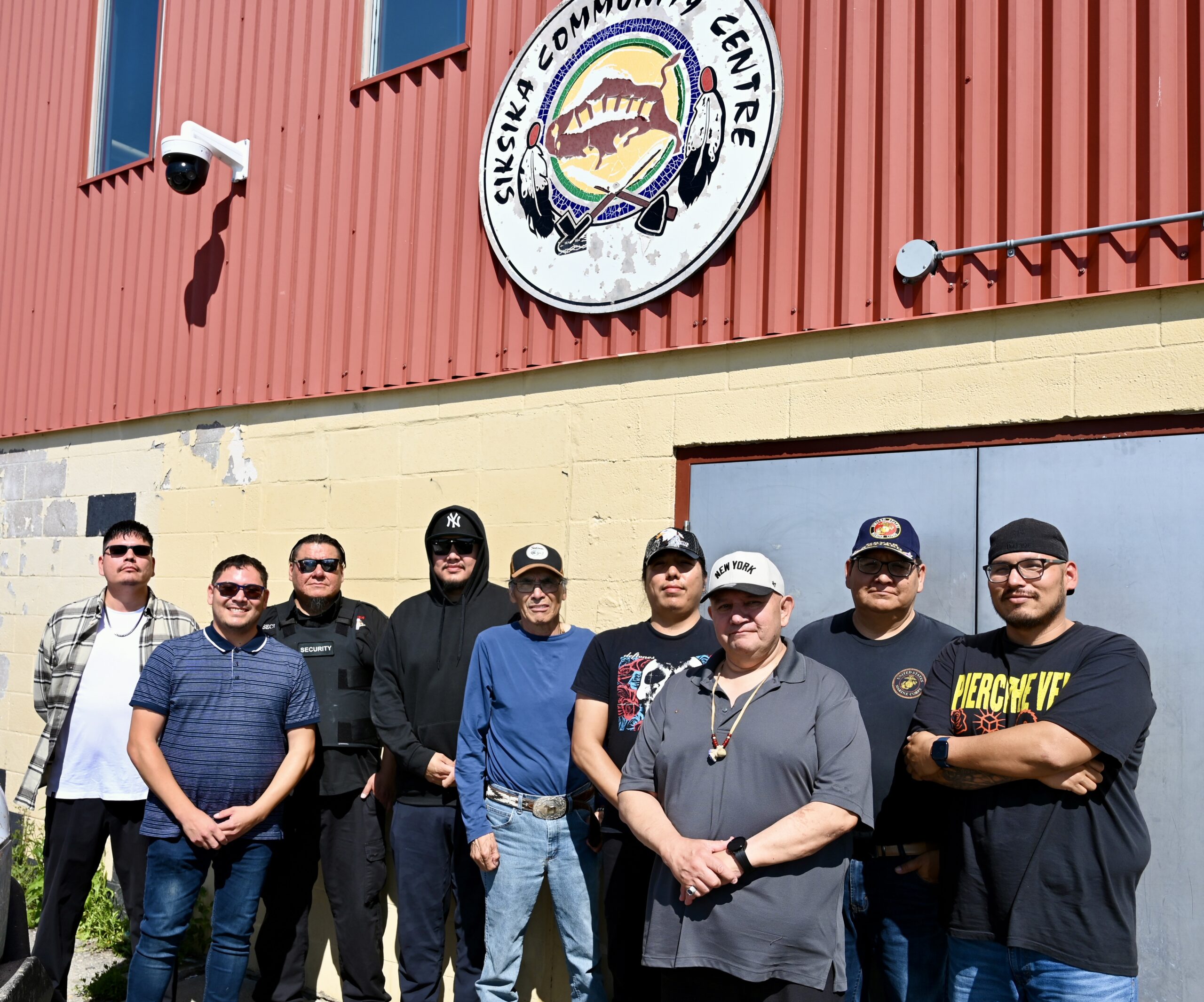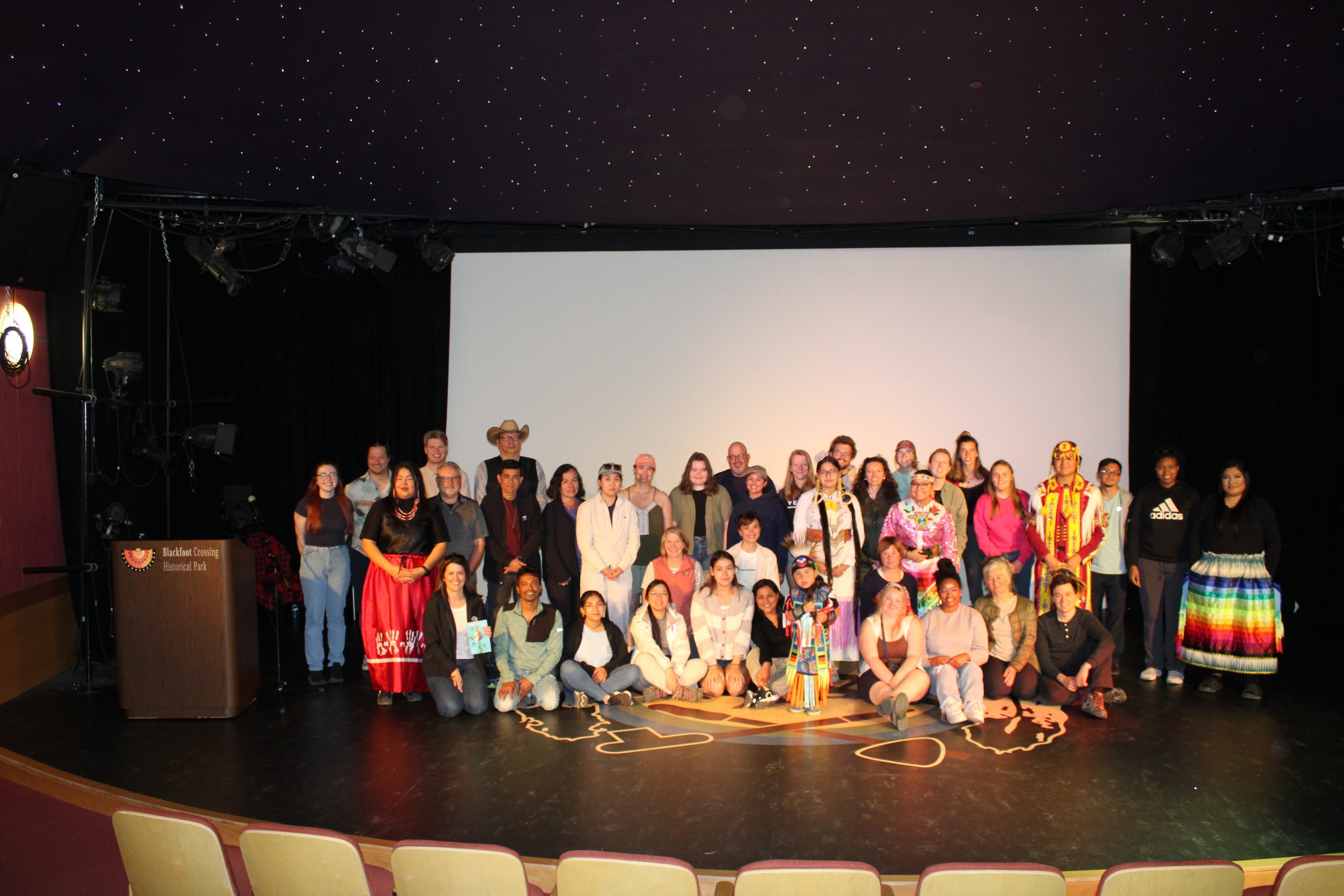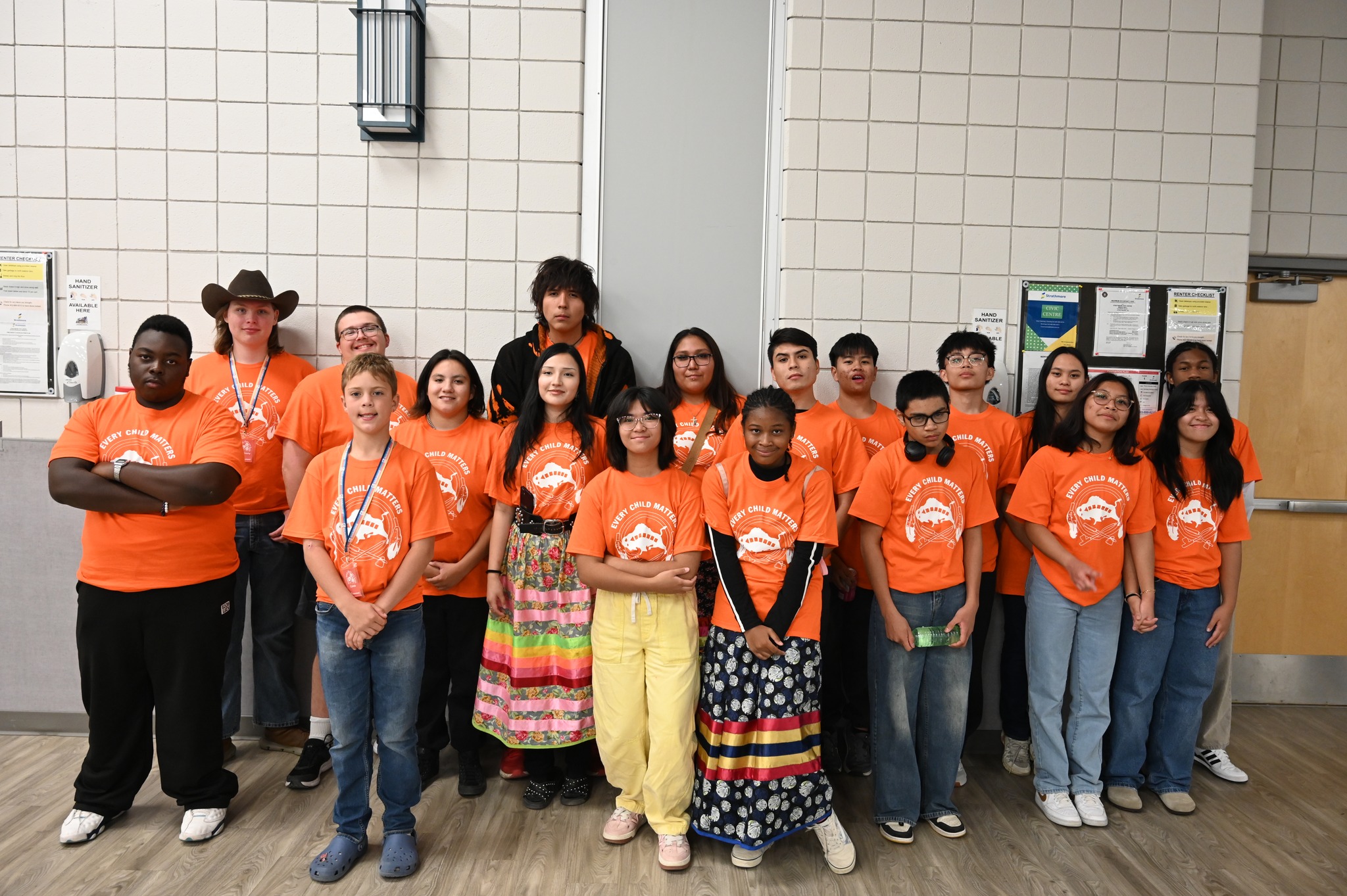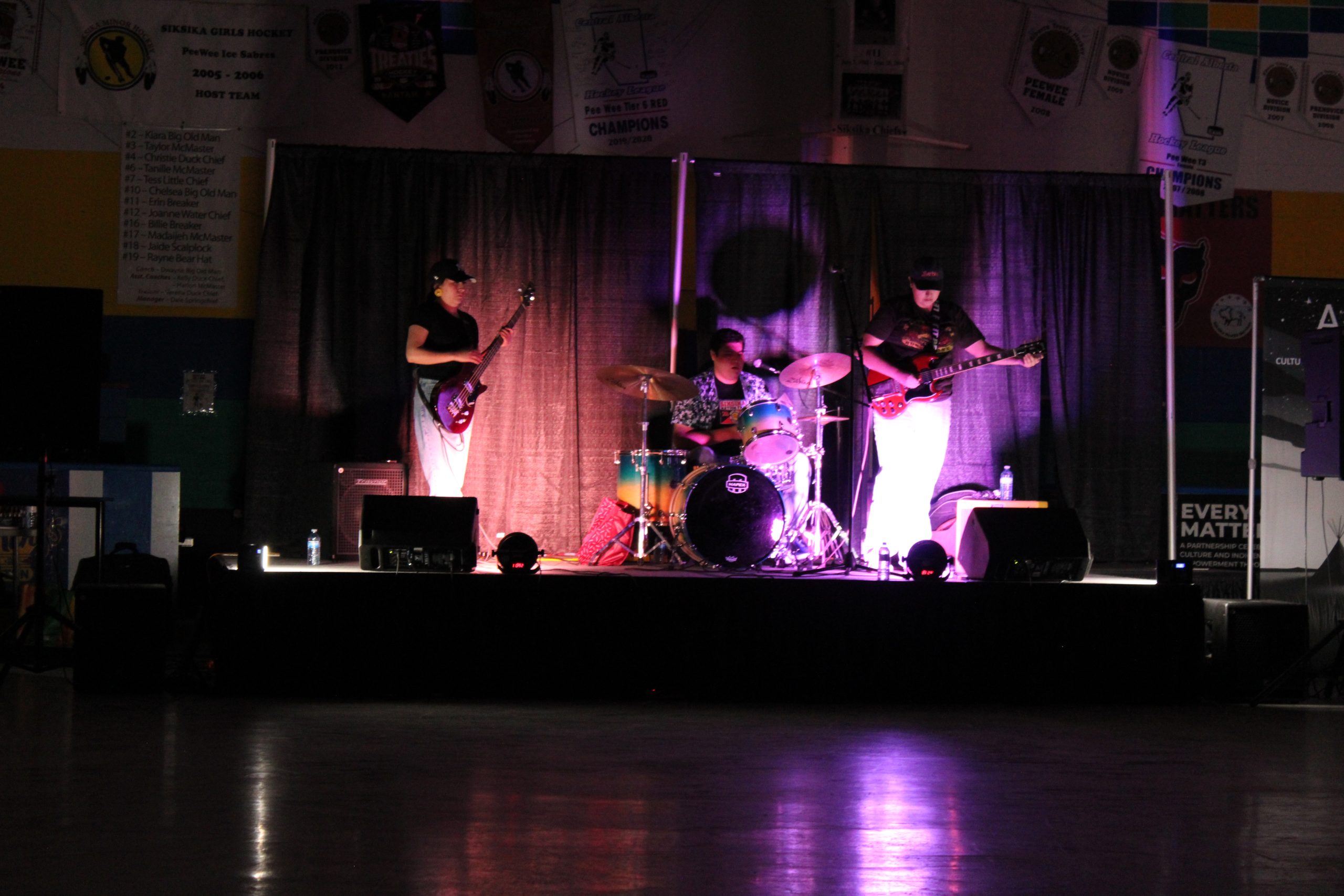By Mase Scarlet
At the Iiniikokan Shelter and Recovery Centre, Reynold Brass, a certified addictions counsellor, has been at the shelter since 2022, helping provide a safe place for people seeking help. The shelter can be a highly motivational place due to being located near a liquor store, cannabis store, etc., but creating safety is the first component when people go into the shelter, whether it’s overnight, short-term, or long-term recovery. Utilizing resources such as food, clothing, and donations, as well as providing people a place to shower or do laundry, brings immense value to a place like the shelter. They are open year-round, 24/7, with on-call employees. Nobody is forced to come in or leave unless they break the rules, and currently the shelter has 10 beds and 30 mats. If they don’t have room, they can refer them elsewhere if the 10 beds and 30 mats are filled up.
Other resources the shelter utilizes include Siksika Health Services, where they have outpatient referral services to meet with addiction counsellors and therapists. The Iiniikokan also does group therapy with Kenakii Mekaisto to teach people who go into the shelter basic life skills they’ve lost due to being homeless, which can include practicing self-hygiene and how to behave toward others in public and in a home. Small practices like that go a long way in helping people set goals to go back to their families, work, or any other goals. They also practice AA, and they have a recreational area for games like basketball and ping pong. One or two people who have stayed at the shelter have even gone on to be employed there, which can be useful at the shelter—having that shared experience can lead to empathy that goes a long way. The staff received first aid training a few months ago and trauma bonding training.
The term “family” is something workers at the shelter commonly hear about: “They’ll come in and go, ‘I’ve got no family, nobody cares about me, nobody loves me,’” Reynold Brass said. Some of the people who go through the shelter have families, but due to having addictions, they aren’t allowed back at home. It puts the family in a hard position, but it also puts the addict in the reality of, “I’m not going to have a home, but I’m stuck in addictions,” Reynold Brass said.
A major milestone for the shelter has been making connections with Rise Calgary, online therapy, and with the mental health support team at Siksika Health by giving the shelter time to bring their people in, and a connection with the Brooks Shelter that provides donations, and Walking the Wolf Trail that brings people back to the reserve. Another milestone has been going under social services: the shelter had trouble getting things done like hiring cooks, janitors, and security because previously frontline staff were doing that extra work. Another milestone is that the shelter has an updated security system that can help them see every angle of the building.
The shelter currently has a few ideas that they’d like to implement with elders to assist in their recovery program: “Everybody needs elders; they have all the stories, and they hold all the language and knowledge,” Reynold Brass said. Youths aged 18 and up have come in, and they don’t usually have grandparents to talk to about those stories or knowledge that can help keep them grounded.
“We’re totally looking for outsiders to support, even if people know how to do crafts and beading, that would be so helpful, right? They could teach them to come in and do drums or any kind of other crafts,” Reynold Brass said.
The work that the shelter does is an impossible job sometimes, but truly important as they learn along the way from history to move forward.
Reynold Brass and the Iiniikokan Shelter and Recovery Centre would like to thank the guy who delivers fresh water, social services for taking them under their wing, the fire hall for letting them book tents for their events and helping with barbeques, Siksika Health for allowing the shelter to bring people there to utilize counsellors and therapists, the clinic for helping residents with medications, Walking the Wolf Trail for bringing people in the city back home and providing residents with treatment and housing in Calgary, and SETS and Talking Taxes for helping the people with their taxes.
Thank you.






